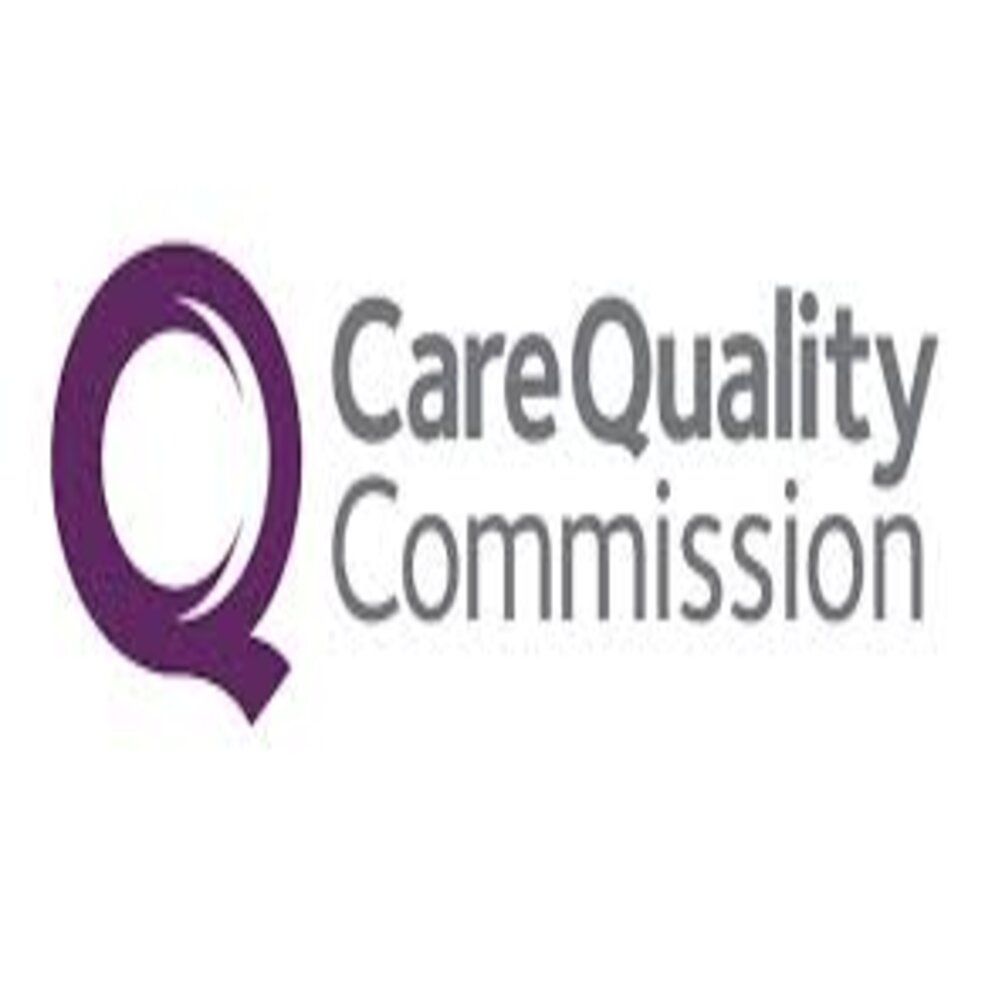Chancellor Rachel Reeves’s decision to scrap planned changes to the care system in England has been described as a "tragedy" by Sir Andrew Dilnot, the man who authored the proposals in 2011.
Adult social care charging reform (aka the Dilnot Reforms) will not go ahead after the new Labour Chancellor, Rachel Reeves, accused the previous government of an “unforgivable” inheritance.
The Dilnot Commission, officially known as the Commission on Funding of Care and Support, was established in July 2010 by the UK government. It was chaired by economist Andrew Dilnot. The commission’s primary goal was to propose a fair, affordable, and sustainable system for funding adult social care in England.
In its report published on July 4, 2011, the commission made several key recommendations, including:
- Capping individual contributions to care costs at £35,000 to prevent people from facing catastrophic care expenses.
- Raising the means-testing threshold for state support from £23,250 to £100,000.
- Ensuring that people do not have to sell their homes to pay for care by allowing them to defer payments until after their death.
These recommendations aimed to provide better financial protection for individuals needing long-term care and to create a more equitable system. However, the implementation of these reforms has faced delays and challenges over the years.
However, yesterday (29th July) Rachel Reeves addressed the Commons stating that the Conservative party had “covered up” the extent of problems for the public finances as she set out a raft of measures to deal with a projected in-year overspend of £22bn.
All government departments have been told to look for cost savings of 2% ahead of a Budget in the autumn and a spending review.
On adult social care she said the issue had been “neglected” by the last government but it was not possible to continue with the reforms that were due to come into force next autumn.
The announcement was met with loud boos from the opposition benches, to which Ms Reeves responded: “I am angry too.”
Earlier this month the County Councils Network urged the government to reconsider the reforms, which it said would cost the sector £30bn over nine years.
Read more on this subject here.






















